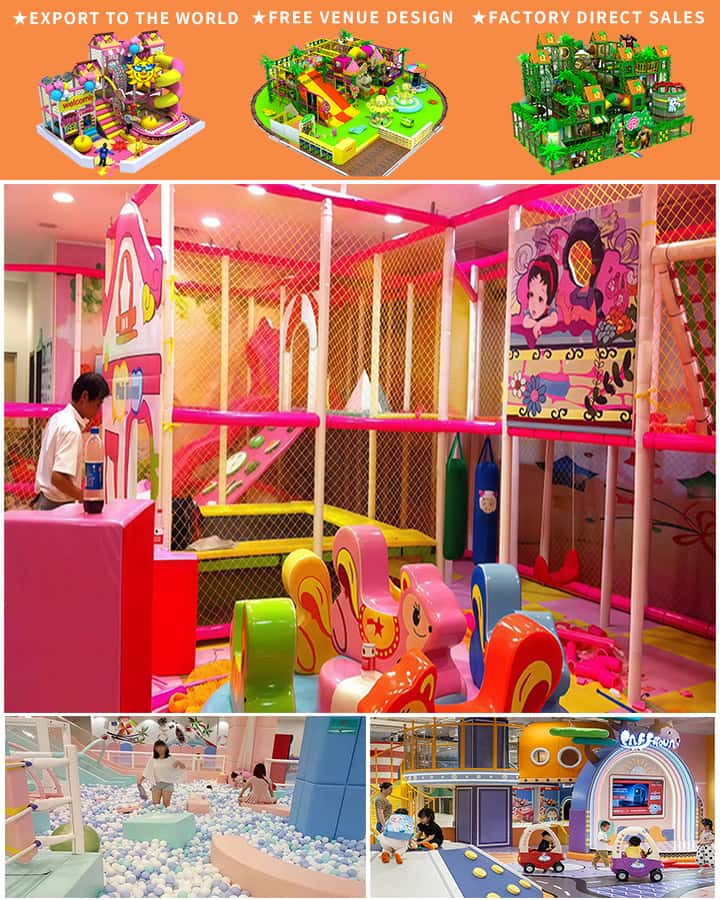In today’s society, the importance of accessible and safe recreational facilities cannot be overstated. Playgrounds serve as vibrant hubs for children’s physical activity, social development, and overall well-being. However, funding for playground equipment can often be a significant challenge for communities, schools, and local governments. Enter playground equipment grants—an invaluable resource aimed at fostering healthy, active lifestyles among young people and providing equitable access to play spaces. This article delves into the essentials of securing playground equipment grants, offering guidance and tips to help communities thrive.
Understanding Playground Equipment Grants
Playground equipment grants are typically funded by various sources, including government agencies, non-profit organizations, private foundations, and corporate sponsorships. These grants aim to cover the costs related to the purchase, installation, and maintenance of playground equipment. The ultimate goal is to ensure that children across diverse socioeconomic backgrounds have safe and stimulating environments to play.
Types of Grant Programs
- Federal Grants: Agencies like the Department of Health and Human Services (HHS) and the Department of Education offer grants aimed at promoting health and wellness among youth. Notable programs include the Physical Activity and Nutrition (PAL) Initiative.
- State Grants: Many states provide grant opportunities tailored to their specific needs. Check with your state’s department of health or education to explore local options.
- Non-Profit Grants: Organizations such as KaBOOM! and the National Recreation and Park Association (NRPA) frequently offer grants specifically for playground improvements and community engagement projects.
- Corporate Grants: Companies with a focus on social responsibility, such as The Walt Disney Company and The Home Depot Foundation, offer financial support for playground projects.

Steps to Securing a Grant
Identify Your Needs
Conduct a thorough assessment of your existing playground facilities. Identify what equipment is needed, any safety concerns, and how the new or upgraded equipment will benefit the community. Engage with stakeholders, including parents, teachers, and local residents, to gather input and build support.
Research Grant Opportunities
Start by exploring federal and state resources, then broaden your search to non-profits and corporations. Pay attention to application deadlines, eligibility criteria, and required documentation. Websites like Grants.gov are excellent starting points for finding federal opportunities.
Develop a Comprehensive Proposal
A winning grant proposal should clearly articulate the problem, proposed solution, and expected outcomes. Include detailed budget estimates, timelines, and measurable goals. Highlight the long-term benefits to the community and demonstrate alignment with the grantor’s mission and values.
Apply for the Grant
Ensure all necessary documentation is completed accurately and thoroughly. This may include project plans, budget outlines, letters of support from community leaders, and any other materials specified by the grantor. Double-check all requirements before submitting your application.
Secure Additional Funding
Grants often require matching funds. Seek additional sources of income, such as local fundraising campaigns, community events, or crowdfunding platforms. Engaging local businesses for sponsorships can also bolster your financial base.
Tips for Success
- Build a Strong Team: Collaborate with local government officials, school administrators, and community organizations to strengthen your application.
- Showcase Impact: Use data to demonstrate how the playground improvement will positively affect children’s health, behavior, and academic performance.
- Be Persistent: If you are not initially successful, seek feedback on your application and apply again. Persistence is key in the competitive grant landscape.
- Maintain Engagement: Keep the community involved throughout the project. Transparent communication ensures continued support and can enhance your chances of securing future funding.
Conclusion
Securing playground equipment grants requires diligent planning, strategic thinking, and community involvement. By tapping into available resources and presenting a compelling case for why your playground project deserves support, you can create safer, more enjoyable spaces for children to play and grow. Remember, the effort invested in securing these grants ultimately contributes to the well-being and vitality of your community.




